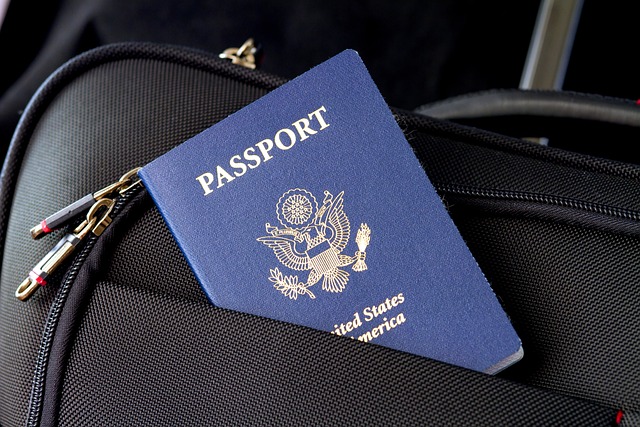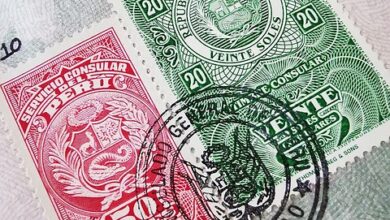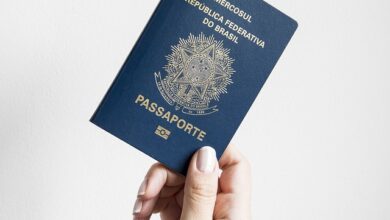Belgian Dual Citizenship: Rules and Restrictions

Dual citizenship, also known as multiple citizenship, allows an individual to hold the nationality of two or more countries simultaneously. Belgium is one of the many countries that permits dual citizenship under certain conditions. However, there are specific rules, restrictions, and processes involved in acquiring Belgian citizenship while retaining another nationality. Below is a comprehensive guide to understanding Belgian dual citizenship.
1. Is Dual Citizenship Allowed in Belgium?
Yes, Belgium allows dual (or multiple) citizenship . This means you can become a Belgian citizen without having to renounce your original nationality, provided your home country also permits dual citizenship.
However, it’s important to note that not all countries allow dual citizenship. Before pursuing Belgian citizenship, check the laws of your current nationality to ensure you won’t lose it upon becoming a Belgian citizen.
2. How to Acquire Belgian Citizenship
There are several ways to acquire Belgian citizenship, each with its own requirements:
A. By Birth (Jus Sanguinis and Jus Soli)
- Jus Sanguinis (Right of Blood): A child born to at least one Belgian parent automatically acquires Belgian citizenship, regardless of where they are born.
- Jus Soli (Right of Soil): Children born in Belgium to foreign parents may acquire Belgian citizenship if:
- At least one parent was born in Belgium.
- The child has lived in Belgium continuously since birth.
B. Through Naturalization
Foreign nationals can apply for Belgian citizenship through naturalization after meeting the following criteria:
- Residency Requirement: You must have legally resided in Belgium for at least 5 years (or 3 years if married to a Belgian citizen).
- Language Proficiency: You must demonstrate proficiency in one of Belgium’s official languages (Dutch, French, or German), typically at the B1 level.
- Integration: You must pass a civic integration exam, which tests your knowledge of Belgian society, culture, and laws.
- Good Character: You must have a clean criminal record and be financially self-sufficient.
C. By Declaration
Certain individuals can acquire Belgian citizenship by declaration, including:
- Stateless persons born in Belgium.
- Foreigners who have lived in Belgium for an extended period (e.g., 10 years).
D. Through Marriage
If you are married to a Belgian citizen, you can apply for citizenship after 3 years of marriage, provided you meet other requirements such as residency and language proficiency.
3. Retaining Dual Citizenship
Belgium does not require you to renounce your original nationality when acquiring Belgian citizenship. However, the ability to retain dual citizenship depends on the laws of your home country. Here are some scenarios:
- Countries That Allow Dual Citizenship: If your home country permits dual citizenship (e.g., the United States, Canada, France, the UK), you can retain both nationalities.
- Countries That Do Not Allow Dual Citizenship: If your home country requires you to renounce other nationalities upon becoming a citizen of another country (e.g., Japan, India, China), you may face complications. In such cases, you’ll need to carefully consider whether to proceed with Belgian citizenship.
4. Benefits of Belgian Dual Citizenship
Holding Belgian citizenship offers numerous advantages, especially within the European Union (EU):
- Freedom of Movement: As a Belgian citizen, you can live, work, and travel freely across all EU member states.
- Access to Social Services: You’ll have access to Belgium’s high-quality healthcare, education, and social welfare systems.
- Political Rights: You can vote and run for office in local and European elections.
- Passport Privileges: The Belgian passport is highly ranked globally, offering visa-free or visa-on-arrival access to over 180 countries.
5. Restrictions and Considerations
While Belgium allows dual citizenship, there are some limitations and considerations to keep in mind:
A. Military Service
Belgium does not currently enforce compulsory military service. However, holding dual citizenship could theoretically create obligations in your other country of nationality, depending on its laws.
B. Tax Implications
Belgium taxes residents on their worldwide income. If your other country of citizenship also taxes global income (e.g., the United States), you may face double taxation. To mitigate this, Belgium has tax treaties with many countries to prevent double taxation.
C. Loss of Original Citizenship
If your home country does not permit dual citizenship, acquiring Belgian citizenship may result in the automatic loss of your original nationality. For example:
- India: Indian citizens who voluntarily acquire another nationality lose their Indian citizenship.
- Japan: Japanese citizens must renounce their nationality before acquiring another.
D. Complexity in Legal Matters
Holding dual citizenship can complicate legal matters, such as inheritance, property ownership, or child custody, as you may be subject to the laws of both countries.
6. Renouncing Belgian Citizenship
If you decide to renounce Belgian citizenship, you must formally apply to do so. Renunciation is only possible if you already hold another nationality, as Belgium does not allow statelessness.
Steps to Renounce Belgian Citizenship:
- Submit a written request to the Belgian authorities.
- Provide proof of your other nationality.
- Pay any applicable fees.
7. Special Cases
A. Stateless Persons
Belgium has provisions to grant citizenship to stateless individuals who have lived in the country for an extended period (usually 10 years). This helps prevent statelessness and ensures these individuals have legal rights.
B. Adopted Children
Children adopted by Belgian citizens may acquire Belgian citizenship, even if they were born outside Belgium. The adoption process must comply with Belgian law.
8. Frequently Asked Questions (FAQs)
Q: Can I pass Belgian citizenship to my children if I’m a dual citizen?
Yes, Belgian citizenship is passed down to children through jus sanguinis , regardless of whether you hold another nationality.
Q: Does Belgium recognize citizenship by investment?
No, Belgium does not offer a citizenship-by-investment program. You must meet residency, language, and integration requirements to become a citizen.
Q: What happens if I commit a crime after becoming a Belgian citizen?
Serious crimes committed after acquiring Belgian citizenship could potentially lead to revocation of citizenship, but this is rare and subject to strict legal procedures.



